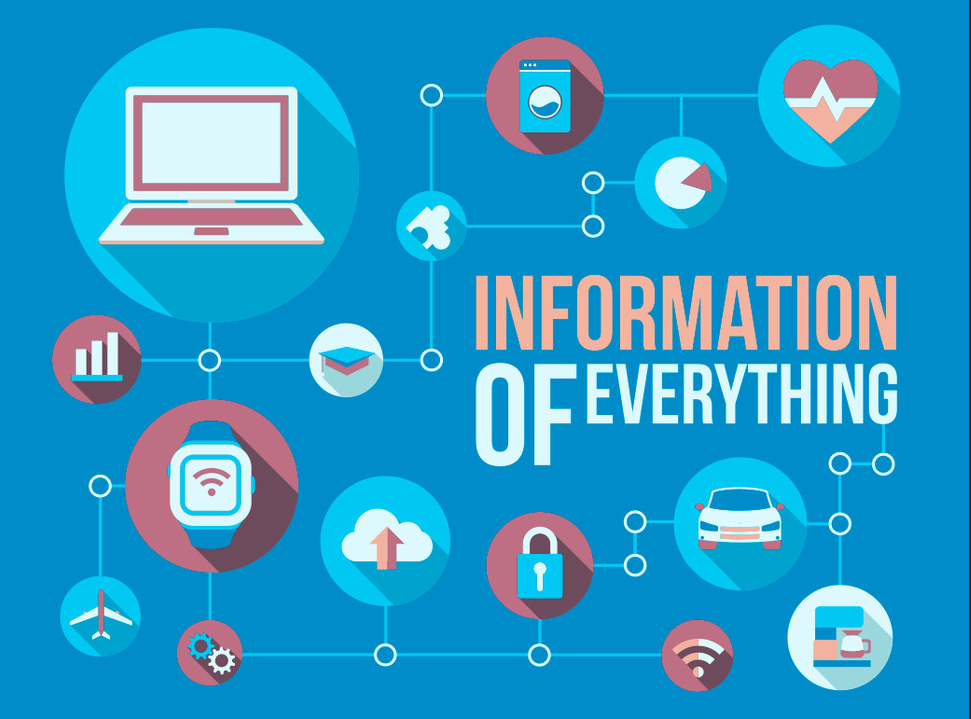By: Serge Joris, President,
Hydro Systems Company
The Internet of Things (IoT) is certainly not a new term or topic. In fact, back in 1994, I started my own company that provided IoT solutions in the product identification industry, a market which at the time was screaming for more reliable and integrated solutions to address major consumer concerns about food safety. We used connected devices as the source of valuable data. Although the cloud was still in its infancy, the technological advancements my company brought to the market are still used today. Yet, the IoT is a newer concept for some industries, including commercial cleaning or “jansan” as we often refer to it.
According to Cisco, the total number of IoT-connected devices is expected to reach 50 billion by 2020. And experts predict this will jump to 1 trillion by 2022. It may be hard to fathom so many connected devices, but keep in mind this number includes those owned by consumers, like smart watches, thermostats and home speakers.This total also includes sensors, beacons and machines being utilized by the Industrial Internet of Things (IIoT), or markets such as manufacturing, logistics and healthcare.
The Boston Consulting Group also notes that B2B spending on IoT technology will reach $267 billion by 2020. With IoT devices and spending poised for such incremental growth in the next several years, it’s important for organizations to understand its influence and implement solutions that can simplify and improve their operations. However, it’s equally important that organizations are selective about the technology they install, as not every IoT solution is worth the investment.
Consider the power that jansan applications of the IoT can have, such as:
- More accurate dispensing: Today, smart dispensers exist that ensure water and chemical are precisely delivered for each dose, such as in industrial laundry facilities.These units, like Hydro Systems’ Dositec Electromagnetic System, can also signal when issues arise, like a leak, by sending an alert to the facility manager to remedy the situation and prevent downtime. IoT-powered dispensers also utilize sensors to check and monitor information such as the temperature of a laundry load or the flow of chemistry, giving operators greater insight into key processes.
- More transparent dishwashing: Thoroughly washing plates and glassware, whether in a restaurant, hotel or hospital, is essential for maintaining hygiene compliance. Today, cloud-based monitoring dispensing systems allow kitchen managers to see the amount of water and chemical being used, as well as wash temperatures and related costs. Hydro’s DM-6000 system provides downloadable reports on chemical usage and cost per rack, as well as a unique “de-lime” mode for safer cleaning without detergent waste. Dispensers with advanced technology help support a restaurant’s food safety culture and prioritize the health of the business, employees and customers.
- Hands-free cleaning: Automated floor care machines are being utilized more and more, because they can handle time-consuming floor care tasks while employees manage other key cleaning projects. Robotic machines can either follow carefully constructed maps of a facility or navigate according to a standard layout, and can send alerts to facility managers remotely on important information like battery level and service.
There is no value to the data that the IoT provides if organizations don’t understand what it means and how to use it to guide improvements. Thus, in addition to implementing these IoT innovations, organizations should make sure a manager can devote time to analyze the results and look for issues and patterns. Alternatively, businesses can work with a service provider that captures and assesses the data to provide concrete recommendations that improve operations.
One Cisco expert predicts that in 10 years we won’t even be talking about the IoT. So many companies will have the IoT integrated into their daily operations that it won’t be thought of as a choice anymore. It will be a necessity in order for businesses to survive.